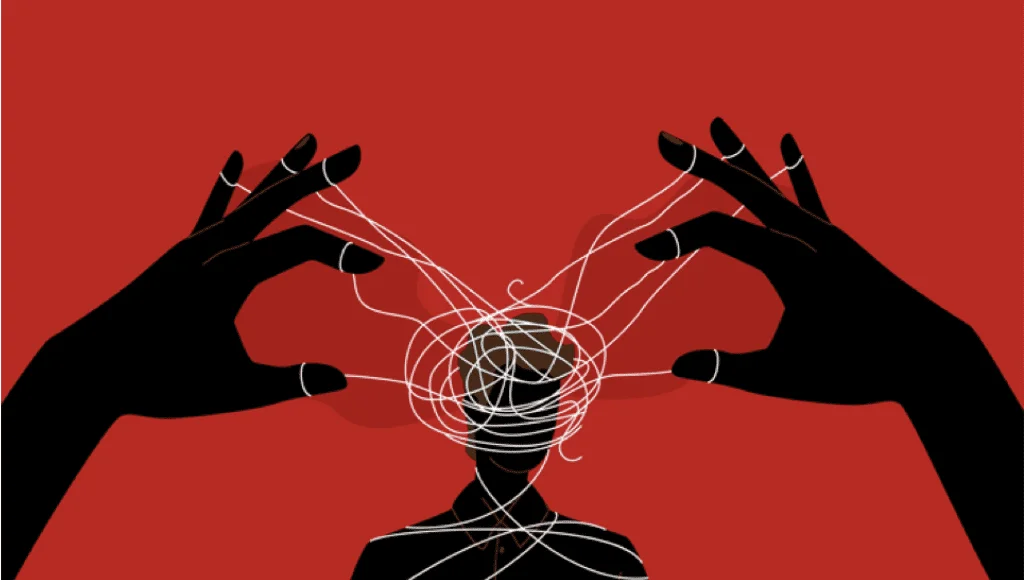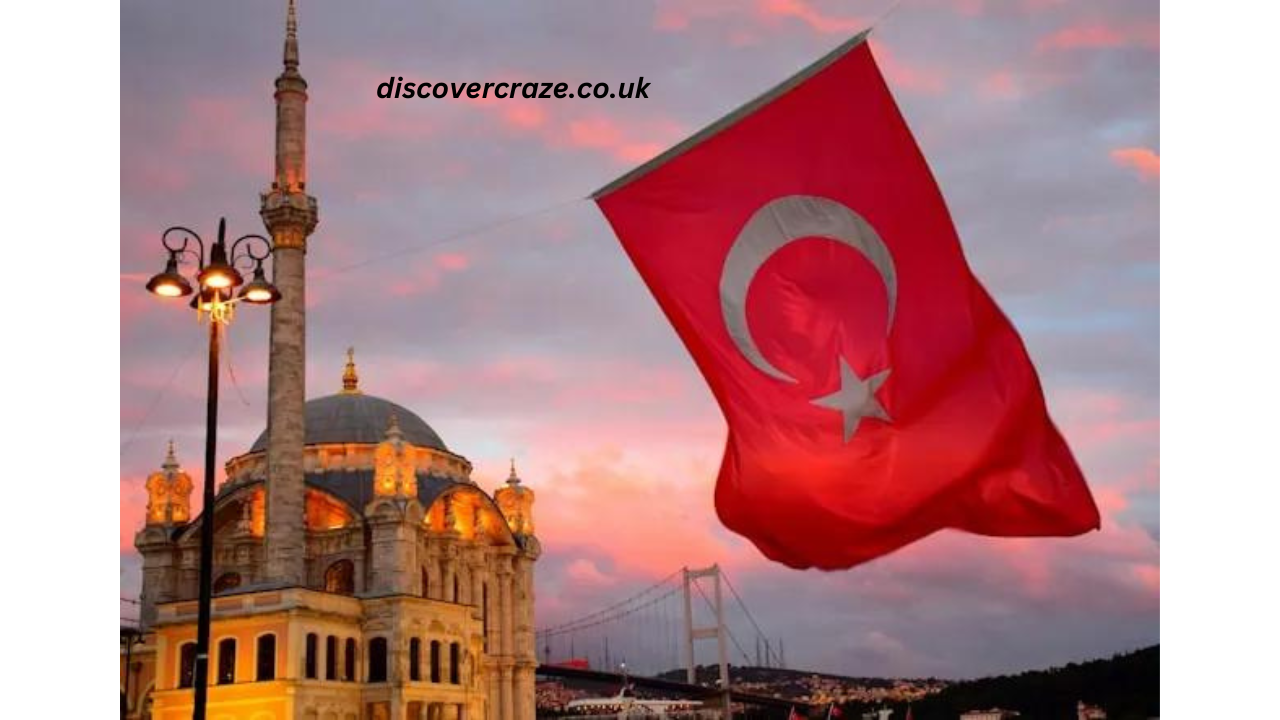Introduction: The Need for Cultural Sensitivity and Understanding
In our interconnected world, cultural understanding has never been more important. We are constantly exposed to diverse beliefs, practices, and values, and our reactions to these differences often shape how societies function. In many instances, misunderstandings stem from the misinterpretation of a group’s actions or words, leading to widespread stereotypes. These stereotypes, in turn, influence how individuals perceive one another. One term that has garnered attention in certain contexts is “Utanmaz Türklere”. This phrase, meaning “shameless Turks” in Turkish, carries with it connotations that can perpetuate a harmful and narrow-minded view of Turkish culture.
The purpose of this blog is to examine the implications of such expressions, understand their impact, and explore why it’s essential to address these negative stereotypes. “Utanmaz Türklere” is more than just a phrase; it represents a deeper societal issue. By examining its origins and usage, we can begin to see how divisive language affects not only the people directly targeted but also the society at large. As we analyze how terms like “Utanmaz Türklere” are used, we aim to foster a more inclusive, respectful, and understanding world where people are celebrated for their individuality, not confined to harmful labels.
Understanding such terms is a key step toward fostering mutual respect in an increasingly globalized society. Stereotypes like “Utanmaz Türklere” do nothing but fuel division and misunderstanding. It is essential to address and challenge these notions to create a more unified and empathetic world.
What Does “Utanmaz Türklere” Mean?
The term “Utanmaz Türklere” is a powerful phrase in Turkish, often used to describe certain behaviors, beliefs, or actions that deviate from traditional norms. At its core, “utanmaz” translates to “shameless,” which suggests a lack of morality or decorum. When paired with “Türklere,” meaning “to Turks,” the phrase implies a specific group of people who are seen as acting without regard for social or cultural boundaries. Over time, this expression has been used to marginalize those who do not adhere to what is considered acceptable behavior in Turkish society, often referencing individuals or groups who challenge traditional values.
The use of terms like “Utanmaz Türklere” highlights a tendency within societies to label those who do not conform to social expectations. By branding someone as “shameless,” society creates an othering effect, labeling them as outside the bounds of what is considered normal. This language has deep societal implications, contributing to stigmatization and exclusion of certain groups, especially those who hold progressive, alternative, or controversial views.
Additionally, the phrase speaks to the underlying tension between tradition and modernity. As societies evolve, there is often resistance to change, especially when it comes to cultural norms. The phrase “Utanmaz Türklere” embodies this conflict, casting those who challenge traditional norms as morally deficient or dishonorable. This type of labeling can have harmful consequences, not only on individuals but on society as a whole.
The Power of Language: How Words Shape Perceptions

Language is a powerful tool for shaping perceptions, especially in a multicultural society. The words we use to describe others influence how we perceive them and, by extension, how we treat them. When we use terms like “Utanmaz Türklere”, we are not just expressing an opinion; we are reinforcing a harmful narrative that affects both the targeted individuals and the broader society. This form of communication is divisive, perpetuating stereotypes and creating barriers between groups.
Words carry weight, and their impact is magnified when they are used repeatedly and in negative contexts. In the case of “Utanmaz Türklere,” the phrase becomes a shorthand for judgment, categorizing an entire group of people as immoral or dishonorable. It strips away the complexity and individuality of those it targets, reducing them to a negative stereotype. This oversimplification leads to prejudice, as people start to view others based on a single, often inaccurate characteristic rather than their full humanity.
The repeated use of derogatory terms like “Utanmaz Türklere” can also perpetuate social divisions. Over time, these terms become normalized, making it easier for people to accept and internalize them. This is why language is such an essential tool for social change. By choosing our words carefully and thoughtfully, we can either contribute to division or work toward creating a more inclusive society. When we replace harmful labels with respectful and compassionate language, we contribute to a shift in perspective that values diversity and human dignity.
The Impact of Stereotyping on Communities
Stereotyping is a form of generalization that distorts reality, often leading to the marginalization of certain groups. In the case of “Utanmaz Türklere,” this term not only targets the behavior of a specific group but also generalizes the entire Turkish community as being morally flawed. The consequences of this stereotyping are far-reaching. It not only affects the individuals directly involved but also impacts the broader social fabric, creating rifts between communities and fostering hostility.
Stereotyping has a dehumanizing effect, as it reduces individuals to a set of traits or behaviors, ignoring the complexities and uniqueness of their experiences. By labeling an entire group of people as “shameless” or immoral, we ignore their individuality, their personal choices, and the diversity within the group. This approach undermines the very essence of human dignity, as it suggests that a person’s value is based solely on their alignment with a specific set of cultural norms or behaviors.
For communities at large, the impact of stereotyping is even more profound. When certain groups are consistently labeled in negative terms, such as “Utanmaz Türklere,” it becomes easier for society to justify their exclusion. This can lead to discrimination, violence, and systemic inequality. The cycle of stereotyping and exclusion creates a hostile environment where people are judged based on their identity rather than their character or actions. This can affect every aspect of life, from access to opportunities to social relationships, and can perpetuate a cycle of disenfranchisement for those who are targeted.
The Role of Media in Shaping Stereotypes
In today’s digital age, the media plays an undeniable role in shaping how we perceive different cultures, groups, and individuals. The way the media portrays certain groups can either reinforce or challenge existing stereotypes. In the case of “Utanmaz Türklere,” media outlets that use such terms or promote similar narratives only serve to perpetuate negative stereotypes. These representations can become ingrained in the public’s consciousness, making it more difficult to break free from the biases they create.
The media has the power to either challenge or reinforce stereotypes. When negative labels like “Utanmaz Türklere” are used in films, news reports, or social media, they reinforce the idea that certain groups are less moral or deserving of respect. This type of portrayal not only distorts the reality of the targeted community but also influences public opinion, fostering division and suspicion. On the other hand, the media also has the potential to challenge these stereotypes by portraying groups in a more nuanced, humanizing light, showing the diversity and complexity that exists within every community.
As consumers of media, we must be critical of the messages we receive and aware of the impact they can have on our perceptions of others. By supporting media that promotes inclusivity and understanding, we can help shift the narrative and break down the barriers that divide us. The media, after all, is not just a mirror of society; it has the power to shape the world we live in.
Challenging Harmful Narratives: How We Can Contribute to Change

Change begins with us. While we may not be able to control the language used by others, we can control how we respond to it. Challenging harmful narratives like “Utanmaz Türklere” starts with recognizing the impact that such terms have on individuals and communities. By speaking out against derogatory language, we can begin to change the conversation and promote more positive forms of communication.
One of the most powerful tools in changing harmful narratives is education. When we educate ourselves and others about the dangers of stereotyping, we create an environment where people are more conscious of their language and more empathetic in their interactions. Education fosters understanding and encourages people to question preconceived notions, opening the door to greater acceptance and respect for diversity.
Another way to challenge harmful narratives is through personal example. By using inclusive, respectful language in our everyday conversations, we set an example for others to follow. This simple act can have a ripple effect, encouraging those around us to adopt more compassionate attitudes and behaviors. When we choose to embrace diversity and reject stereotypes, we contribute to a more just and harmonious society.
Conclusion: Moving Toward a More Inclusive Society
The phrase “Utanmaz Türklere” is a reflection of a larger societal issue—one that revolves around stereotyping and the labeling of groups based on perceived moral shortcomings. However, it is important to remember that labels do not define a person’s worth. Every individual is complex, and their identity should not be reduced to harmful generalizations. Moving toward a more inclusive society requires effort from everyone. By embracing cultural sensitivity, challenging negative stereotypes, and promoting understanding, we can create a world where people are respected for who they are, not based on the labels they are given.
Let us remember that the power of language lies in its ability to shape perceptions and attitudes. If we choose to use language that promotes respect and inclusivity, we can change the world for the better. We all have a role to play in dismantling harmful narratives and building a future where diversity is celebrated. It starts with understanding, empathy, and a commitment to making the world a more inclusive place for everyone.
